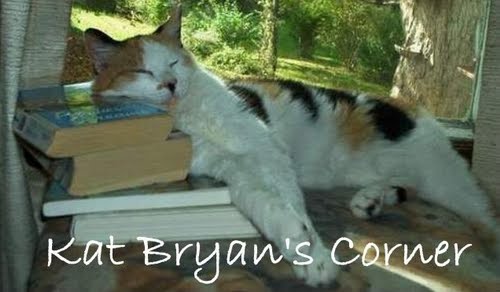 I don’t often read ‘deep’ stories because I like to be more entertained than made to think about the book. If that makes me shallow, so be it. However, I just read a book that really made me stop and think about the past. The book is Hunter: A Novel by Campbell Jefferys ©2008.This book was the winner of the General Fiction category of the 2009 Next Generation Indie Book Awards. Mr. Jefferys is writer-in-residence at the Universtiy of Perth, Australia and also lectures part-time at the University of Hamburg.
I don’t often read ‘deep’ stories because I like to be more entertained than made to think about the book. If that makes me shallow, so be it. However, I just read a book that really made me stop and think about the past. The book is Hunter: A Novel by Campbell Jefferys ©2008.This book was the winner of the General Fiction category of the 2009 Next Generation Indie Book Awards. Mr. Jefferys is writer-in-residence at the Universtiy of Perth, Australia and also lectures part-time at the University of Hamburg.The main character of this historical novel is Eric Messer, a 15-year-old boy who lives in a seaside town in Australia. He’s recently moved to the town from the country and the local boys are making his life miserable. He falls in with a surfer crowd and needs to earn money to buy his own board so he starts doing yard work for some of his elderly neighbors. He meets two men who have both emigrated to Australia from Europe, one a German and the other an Austrian. He learns they both have secrets that are related to the Nazis. How Eric struggles to fit in and the life lessons he learns from his family, his friends, and the neighbors he works for, are the basis of the story.
The book contains some very graphic descriptions of the atrocities that occurred as the Germans battled their way through Europe. It tells one man’s story, as he first becomes a member of the Hitler Youth, then the SS. As he slowly comes to realize that what the German Army is doing is wrong, he prays he’ll be killed. When he’s injured but doesn’t die, he deserts. After the war, he spends 2 years in a prison camp and then makes a new start in Australia. He eventually comes to live in the same housing development as the boy, Eric. Eric hears rumors that he’s a Nazi and he’s fascinated with the stories he tells.
This isn’t a quick-read but I wasn’t disappointed in the time I spent. I learned a lot about Australian culture and climate, and they way they feel about other people. The only ‘real’ Australians are the Aborigines yet the European immigrants treated the ‘blacks’ as lower-class citizens, much like we did the Afro-Americans in the United States. I could go on and on about the book but just trust me and read it yourself. If you can get past the graphic descriptions, you’ll soon find yourself immersed in the book.


.jpg)


No comments:
Post a Comment